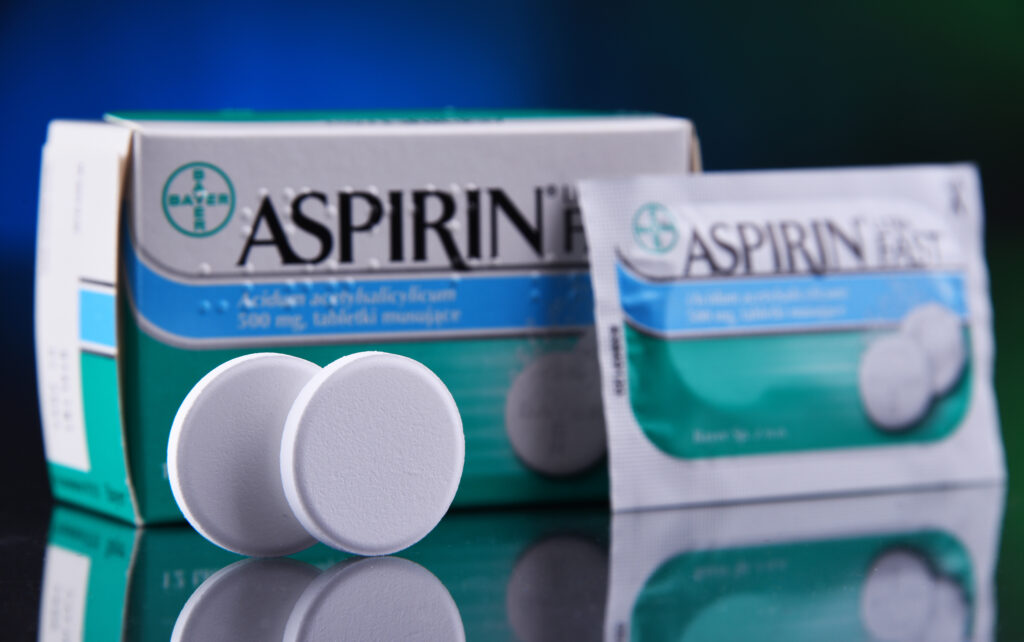A new trial from Sweden suggests that a low daily dose of aspirin can significantly reduce the likelihood of colorectal cancer returning after surgery, particularly in patients with specific genetic mutations.
The study, led by Prof Anna Martling at the Karolinska Institute, found that patients whose tumours carried mutations in the PI3K pathway—present in roughly 40% of colorectal cancers—were 55% less likely to experience a recurrence over three years if they took 160mg of aspirin daily compared with a placebo.
Aspirin is thought to protect against cancer by reducing inflammation, interfering with the PI3K pathway, and limiting blood platelets that can shield tumour cells from the immune system.
The trial included over 3,500 post-surgery patients from Sweden, Norway, Denmark, and Finland. Genetic testing identified 1,103 patients with the relevant mutations, who were then randomly assigned to aspirin or placebo.
While aspirin is inexpensive and widely available, long-term use carries some risks. In the trial, a few patients experienced severe side effects including gastrointestinal bleeding and, in one case, a fatality possibly linked to aspirin.
Experts say the findings could influence clinical practice by highlighting the value of genetic testing to identify patients most likely to benefit. Dr Catherine Elliott of Cancer Research UK emphasized the importance of further high-quality studies to confirm which groups should be offered aspirin to reduce the risk of cancer recurrence.
The study is published in the New England Journal of Medicine.



